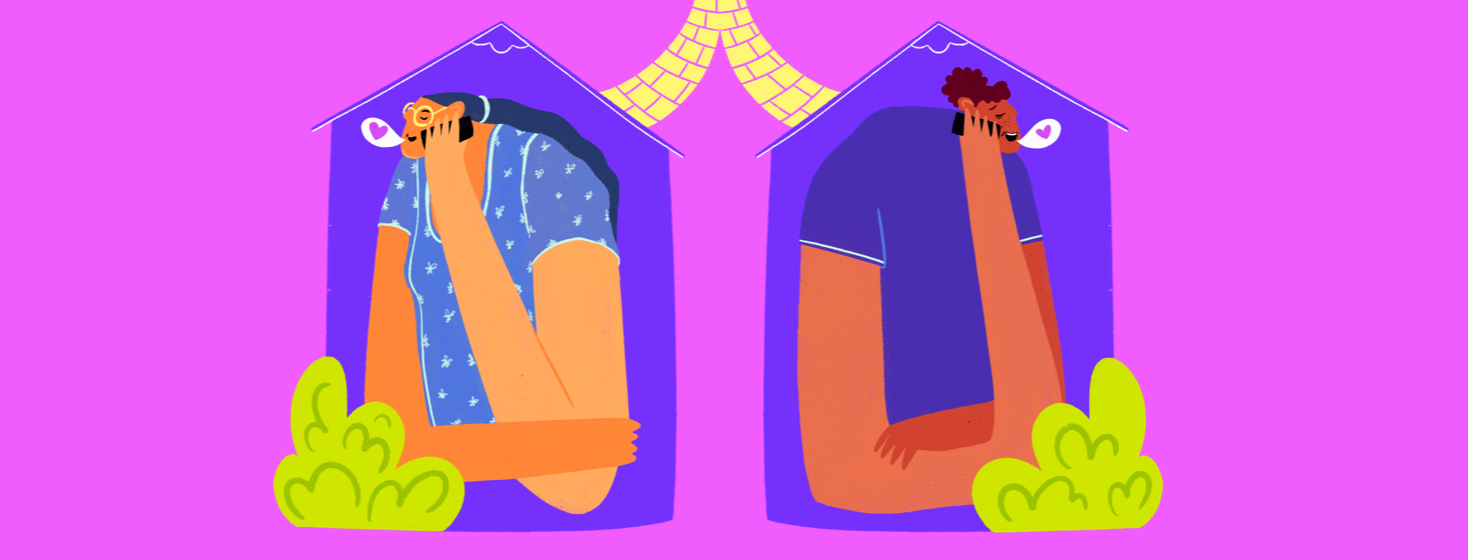Depression and Living Alone
Humans crave social engagement. Relationships and community are vital to our well-being. Sometimes our social circle gets smaller for one reason or another. The lack of connections takes a toll on the psyche. Loneliness and isolation lead to feeling depressed. A person who lives alone is more likely to experience depression.1-6
Living alone
There are many reasons a person may live alone. For example, younger people starting their first job leave home for an apartment. A divorce or separation creates 2 homes where there was 1 before. When a person dies, their widowed partner faces an empty home of memories.2-6
Living alone at any age can contribute to depression. Several factors contribute to depression when you live alone:2-6
- Lack of contact with others
- Less financial and in-person support
- Greater likelihood of contracting diseases
Losing a partner
A person who loses a life partner is likely to experience depression. The sudden loneliness after a lifetime together is jarring. Depression can affect both men and women who lose a partner.2-4,6
Men often struggle more after a loss. The wife may have been the one who kept social connections alive. Relationships with adult children can become strained. Social isolation and depression are more pronounced. A woman who is widowed often adapts over time. Depression lessens as she reconnects with her social circle and forms new connections.2-4,6
LGBTQIA community
Members of the LGBTQIA community are at higher risk for loneliness and depression. The decision about when, if, and how to come out creates anxiety. Self-isolation is common. The regular prejudice and stigma LGBTQIA people experience affects mental health. They may also face more obstacles to receiving mental healthcare.1
First-generation immigrants
People who have left their native country to settle elsewhere also experience greater loneliness and isolation. Language barriers and the absence of social ties can both increase isolation. It may also be harder for immigrants to find others of their cultural identity to connect with. Limited resources restrict access to community support.1
Effect on health
Loneliness and isolation impact more than mental health. Adults over 50 who experience loneliness have other health risks. These include:1-3,6
- Heart disease or heart failure
- Dementia
- Premature death
- Stroke
- High blood pressure
Addressing loneliness
When living alone, finding social outlets to keep loneliness at bay is vital. A person can live alone without being lonely! Finding a balance between time alone and social engagement is key.2,5,6
You may face barriers to making new social connections. Some things that add to the challenge are:2,5,6
- Living with a chronic illness
- Difficulty hearing or seeing
- Being unable to drive
- Living in rural areas
Finding social outlets
It can feel awkward to start looking for social outlets. Socializing is a skill that can get rusty! But there is always time to make new friends.1,6
Start by thinking about your interests. Then look for ways to engage with others who share those interests. This may be in person or online. Many groups and gatherings exist online. If you are homebound, these can provide you opportunities to engage with others. Talk with a doctor about social service options in your area.1,6
This or That
Do you have social anxiety?
What to do?
There are no limits to where and how you can combat loneliness. There are so many choices! Start showing up to something. Take a risk and say hello to someone. You never know how it may transform your life. Some ideas to pursue:6
- Take a class to pursue a new interest
- Join a book club
- Find an exercise group or club to stay active
- See what your local library or social service agencies offer
- Reach out to an old friend to have coffee or video chat
- Write letters
- Intentionally call a loved one each day
- Adopt a pet
- Volunteer for a cause important to you
- Find an online group dedicated to a favorite hobby
